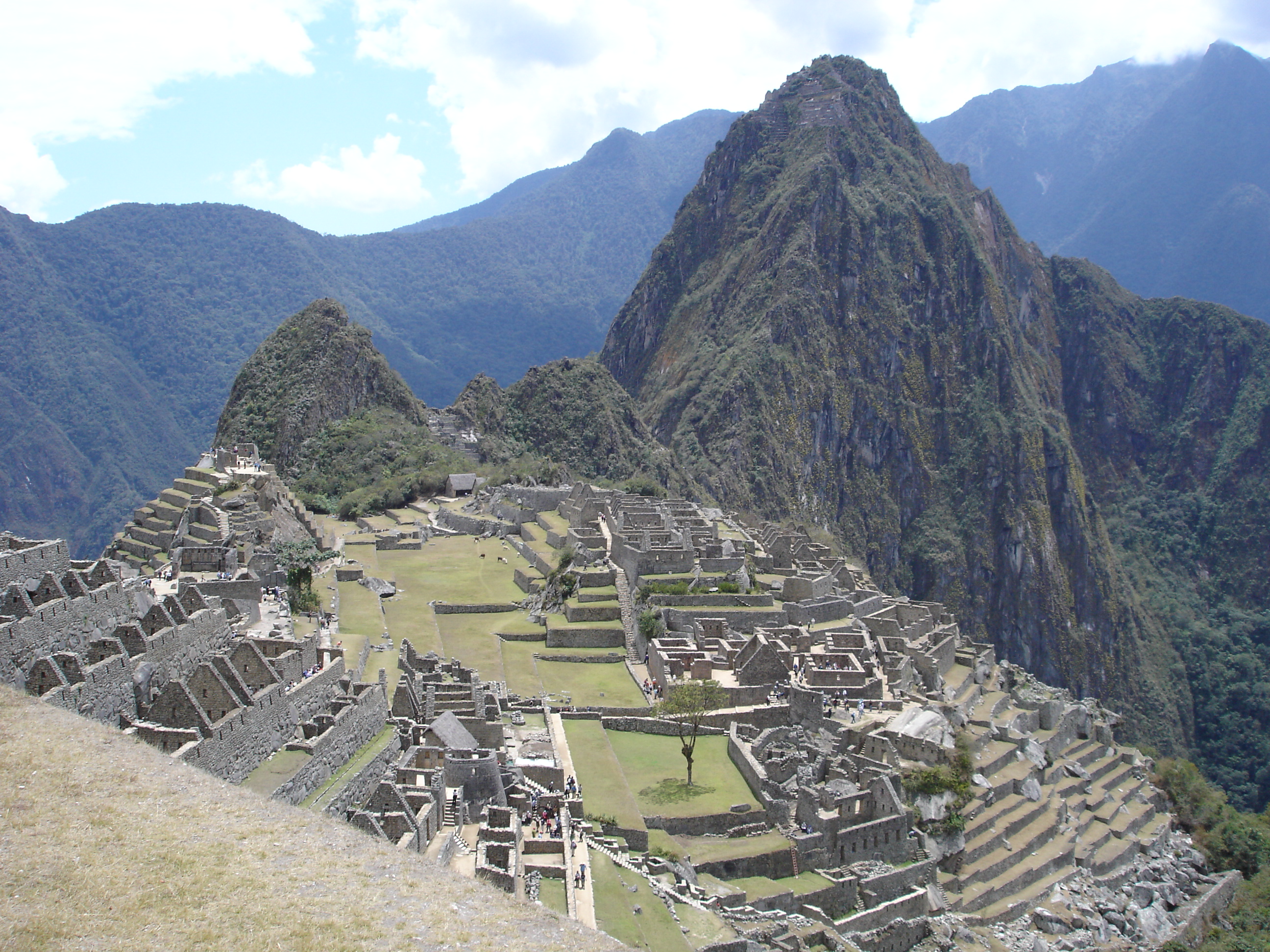The US Has Withdrawn from a UN Agency that Teaches Kids to Read and Protects Ruins

Credit to Author: Jason Koelber| Date: Thu, 12 Oct 2017 15:23:00 +0000
The United States has decided to withdraw from UNESCO, the United Nations Educational, Scientific and Cultural Organization. The State Department made the announcement Thursday, citing an “anti-Israel bias,” as part of the reasoning behind the decision.
This is the latest US exodus from a major, multinational organization or treaty, having already cut funding for the UN’s population fund and the decision to withdraw from the Paris climate agreement.
But while those decisions could be viewed through a partisan lens (the State Department claimed the UN population fund promotes abortion, for example), the withdrawal from UNESCO is more unexpected. The organization is a relatively uncontroversial group that the United States helped to found in 1945. In 2011, when UNESCO accepted the Palestinian Authority as a member, the US stopped paying its dues to the organization in protest, but continued to be an active member. Now, however, the Trump administration and Secretary of State Rex Tillerson have decided the recognition of Palestine is enough to warrant withdrawing from the following highly controversial and political programs:
Preserving our most treasured historical sites: The World Heritage Program
This well-known program identifies historic sites of significant cultural value, ensuring preservation for future generations. Iconic global sites such as the Taj Mahal, Stonehenge, and the Statue of Liberty have been named UNESCO sites.
Making sure kids can read and supporting adulthood literacy: Education for All
A program that monitors and assesses access to education across income levels and genders around the world. This program funds the expansion of early childhood education, education for girls, and adult literacy.
Keeping our water drinkable: International Hydrological Programme
Devoted to water research and resource management, this program helps member nations—particularly in Africa—use the latest science to create effective strategies for conserving water.
Protecting the world’s most fragile ecosystems: Man and the Biosphere Programme
Similar to heritage sites, this program helps protect natural and managed biospheres, with 669 protected sites in 120 countries. It focuses on the impacts of climate change and economic stressors like poverty on valuable ecosystems and works to reduce those impacts and preserve natural resources in famous ecological sites like the “Central Amazon” in Brazil and “Torres del Paine” in Chile, and Yasuni National Park in Ecuador—the most biodiverse rainforest on Earth.
Preparing for devastating natural disasters: Disaster Prevention and Preparedness
Remember how, just a few weeks ago, multiple islands in the Caribbean were devastated by hurricanes, including Puerto Rico? This program helps develop plans to prepare for and recover from natural disasters. It created vital protocols such as the Hyogo Framework for Action, which includes developing earlier warning systems for tsunamis.
Learning from those who know better: Local and Indigenous Knowledge Systems
A program that literally just tries to learn from indigenous communities around the world to develop best practices for managing resources based on the strategies these communities have used for generations.
Protecting the first amendment: Press Freedom
UNESCO is a major global watchdog for press freedom, fighting for a free and open press across the globe, including its annual prize for individuals and groups putting their own safety at risk to uphold the freedom of the press. Every year, dozens of journalists are killed, arrested, or kidnapped for doing their job, including 26 journalists killed on the job so far this year.
Preserving historical documents: Library Digitization
Because parchment and papyrus don’t last forever, UNESCO helps libraries around the world digitize and preserve their most precious documents.
Though the State Department requested to still be a non-member observer state in order to advocate for these ideas, the US will no longer be supporting or actively participating in any of these global programs.
Get six of our favorite Motherboard stories every day by signing up for our newsletter .